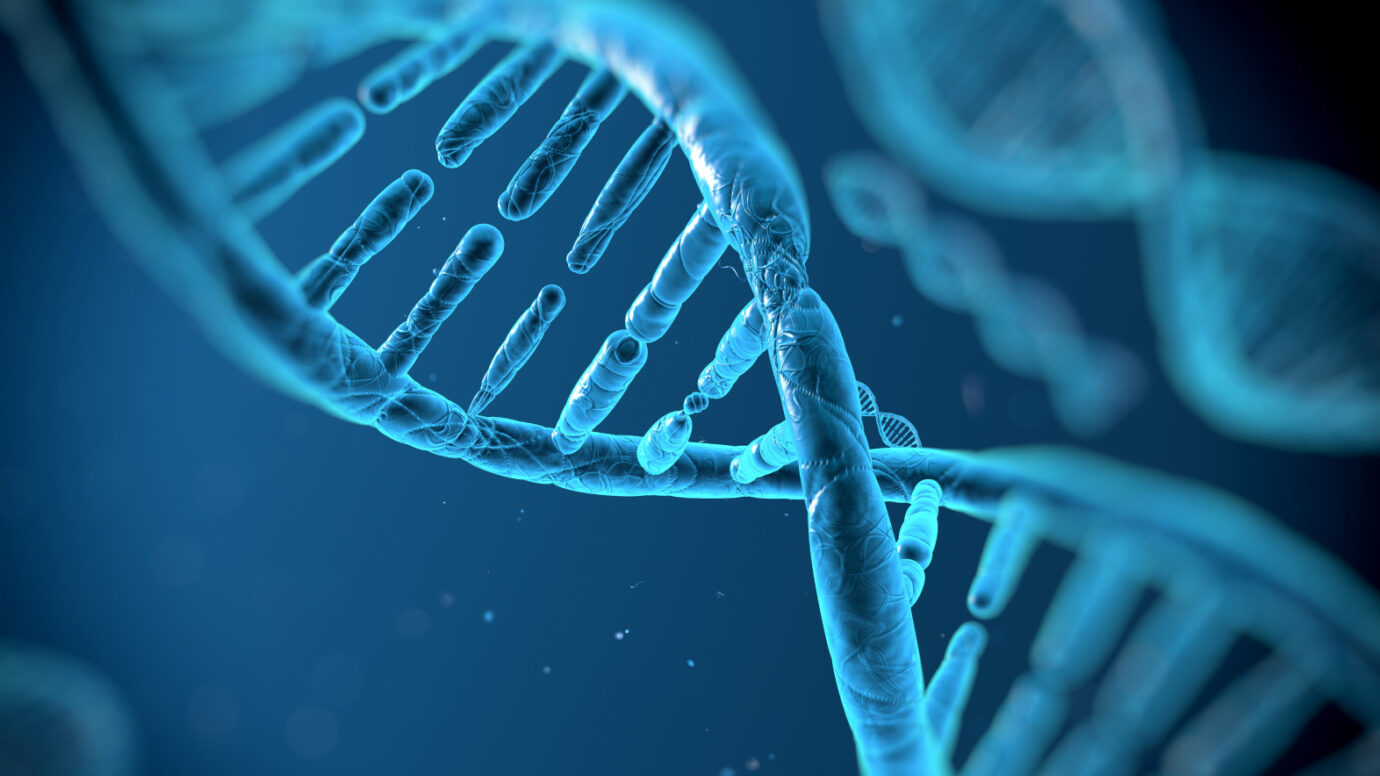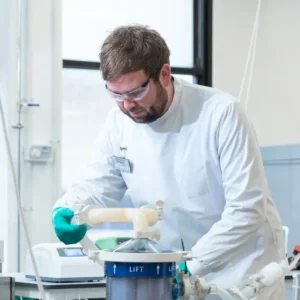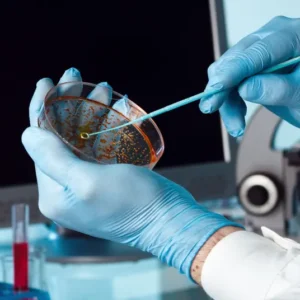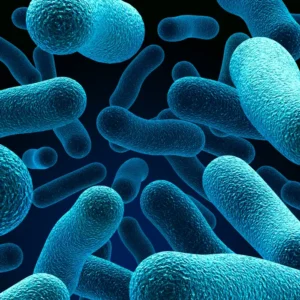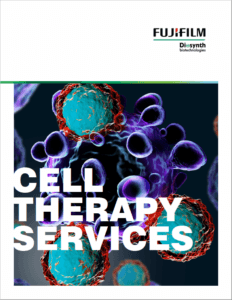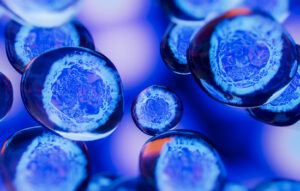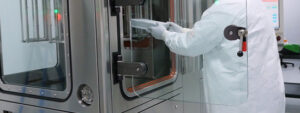Immune Cells

Our journey in cell therapy began with allogeneic cell therapies, and we are proud to have supported the first commercially approved allogeneic cytotoxic T-cell.
Since our inception, we have grown our experience with multiple modalities and have built teams to enhance our depth and knowledge as the cell therapy industry evolves and science advances. Whether your program is allogeneic or autologous, genetically modified or not, there is a place for your product at FUJIFILM Diosynth Biotechnologies.
Where We Can Help
Having an experienced team, from development to cGMP production and testing, and finally quality and supply chain, reduces the unknowns in your clinical journey. Leverage our knowledge, experience and lessons learned to boost your strategy and meet your program goals. Our scientists and production teams are ready to support your immune cells, whether it is performing tech transfer, process optimization, characterization, or the day-to-day process monitoring of a cGMP campaign.
Your patients provided the starting material, and it is critical that this material is handled correctly. From the moment our teams are notified of an incoming shipment, through production, testing, and ultimately the distribution of product back to the clinical site, attention to detail, experienced quality systems, and cross functional teams ensure the delivery of a safe, effective product to those who need it. Lot track and trace mechanisms and reliable, rapid, methodical responses to new production requests have been critical pillars of our systems from their inception.
Whether your cells prefer to grow in static suspensions such as a gas permeable membrane device or cell culture bag, or in dynamic suspension of a stirred tank bioreactor, our teams are ready to ensure their needs are met. We are ready to help your cell populations thrive in our cGMP cleanrooms.
Some of our Favorite Stem Cells
Whether your immune cell therapy needs are gene or non-gene modified, allogeneic or autologous, our cell therapy facility in Thousand Oaks, CA supports a wide range of different immune cell types designed to meet your needs. The therapies we support include, but are not limited to:
Cytotoxic T Cells, or CTLs, are an integral part of the adaptive immune system. CTLs are often referred to as CD8 T-cells because they express the CD8 co-receptor that enables the CTL-antigen interaction critical in CTLs identifying viruses, bacteria, or cancer cells in the body and destroying them. CTLs kill specific cells by releasing specific compounds called perforin and granzyme B which cause pathogenic cells to lyse and die.
Natural Killer Cells, or NK cells, play an interesting role in our immune system because since they are part of the innate immune system – they do not need to be activated by an antigen presenting cell. NK cells can begin targeting pathogens quickly after an infection or cancerous formation and releasing similar compounds to those of CTLs to trigger cell death. NK cells are also able to be activated by cytokines and antigen presenting cells, giving them traits similar to cells in the adaptive immune response. In cell therapy, NK cells can be used as non-gene modified or as gene modified by inserting a Chimeric Antigen Receptor (CAR) to the NK for enhanced tumor-killing activity. NK cells are pivotal in cancer immunotherapy due to their innate recognition and rapid response against a broad range of cancer cells. Their cytotoxic functions, ability to modulate the immune response and potential for adoptive cell therapy make them key players. They offer a safer option of modality with limited risk of graft-versus-host disease in patients.
One of the most common and most known cell therapies in the industry, gene-modified T-cells are one of the oldest forms of cell therapy, with clinical trials of 1st generation CAR-Ts beginning in the 1990s to treat HIV and colon cancer.
CAR-Ts as we know them today, 2nd generation CAR-Ts, began clinical trials in 2010 out of the University of Pennsylvania. This became the first approved CAR-T.
CAR-Ts work by attaching a chimeric antigen receptor, or CAR, onto the surface of a T-Cell. This transduction can be via infection using a viral vector or through electroporation and mRNA. CAR-Ts are effective in fighting cancer due to customized CAR binding sites that prevent the cancer cells from evading CTL response, or immune evasion.
TCR Therapy leverages the naturally occurring receptors on T-cells, and data suggests that TCR therapies may be more effective than CAR-Ts for solid tumors. TCRs are also less likely to have cytotoxic side effects when treating solid tumors as they utilize signaling from Human Leukocyte Antigen (HLA) receptors to recognize and target cancer.
